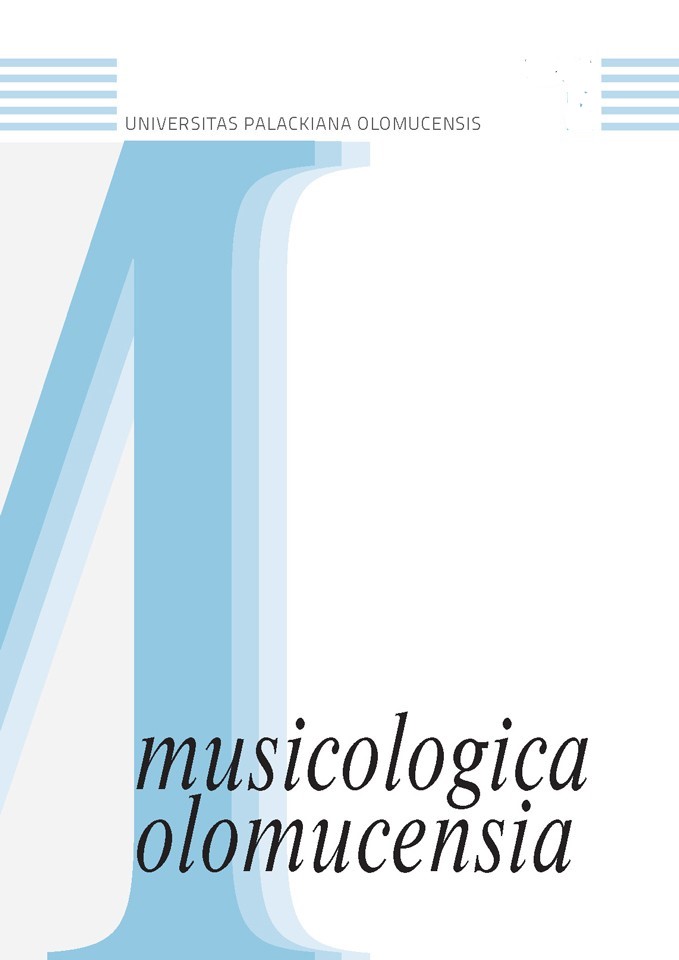Sukův kompoziční vývoj v kontextu umělecko-estetických a eticko-filosofických akcentů doby
Josef Suk's Composition Development within the Framework of the Art-Aesthetics and Ethical-Philosophical Accents of His Era
Author(s): Vladimír KulíkSubject(s): Music, Ethics / Practical Philosophy, Aesthetics, Existentialism, Structuralism and Post-Structuralism, Sociology of Art, History of Art
Published by: Univerzita Palackého v Olomouci
Keywords: Antonín Dvořák; Impressionism; Symbolism; Julius Zeyer; Catholic mysticism; Antonín Sova; Otokar Březina; humanism; Art Noveau; Decadence; Structuralism; Ludwig Wittgenstein; existentialism;
Summary/Abstract: This study is focused on the formation of Josef Suk's compositional language, contingent on inspiration originating in the social and cultural atmosphere at the turn of the 20th century, which was marked by the arrival of new poetic and literary trends, influenced by the philosophy and aesthetics of the period. Suk's creativity not only brings attention to an amount of new tendencies in the period style of composition, but in his artistic visions he also responds to a great numbers of latent philosophical statements contained in selected works of poetry and prose from the period. In the text, you can also find the idea that the logical development of Suk's musical language can more or less touch on the developing parallel of philosophic ideas recognisable in the ethical-philosophical projects of structuralism, existentialism, hermeneutics and psychoanalysis. The progressive philosophical meditation on the meaning of existence and the importance of artistic creation finally leads to Suk's inner satisfaction with his life expectations.
Journal: Musicologica Olomucensia
- Issue Year: 25/2017
- Issue No: 1
- Page Range: 98-114
- Page Count: 17
- Language: Czech

